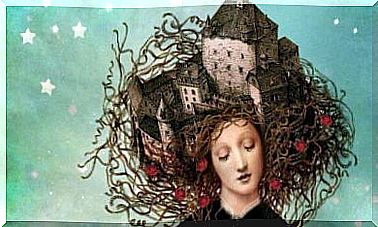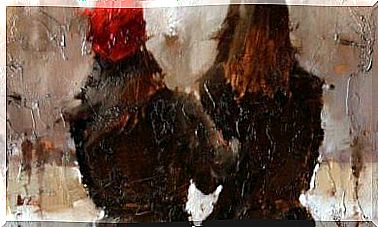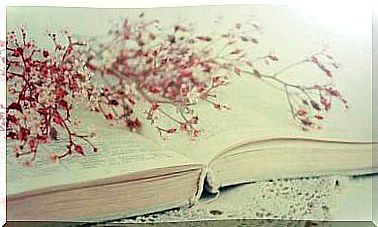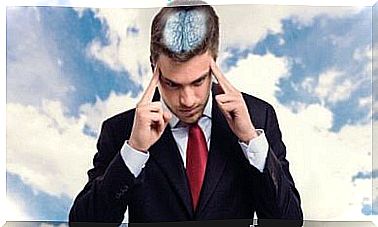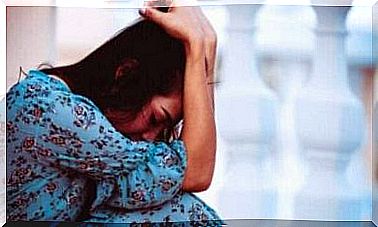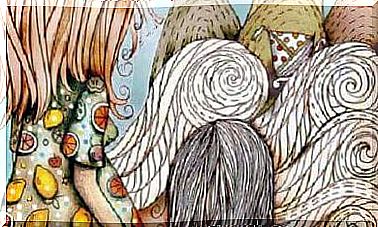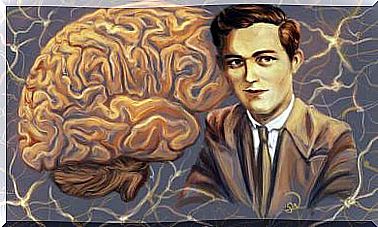Your Happiness Depends On You
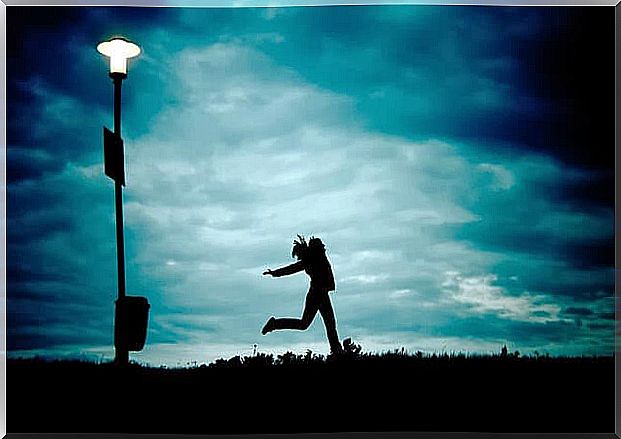
So many of us are on an endless pursuit of happiness; we are obsessed with achieving it, but we do not really have a clear picture of what it is. Happiness is the stage that all people want to be in.
What exactly is happiness?
To find out this, you must first ask yourself the question: What is happiness for me? The answer can be quite complicated and full of different nuances. Happiness is not something that comes from the outside or the conditions we live in, but rather from our inner self and the way we interpret our experiences.
If we go through life in the belief that happiness depends on the circumstances, the situations we go through, money, good children, a good job or a stable relationship, we will constantly search for what we lack, without realizing that happiness has nothing to do with all this.
We can always find happiness within ourselves. It is not something that comes from the outside; it is about realizing that it does not depend on what we have, but on who we are. This means that we must learn to love ourselves, accept ourselves and live with ourselves. These are the keys to discovering the happiness that exists within all of us, no matter what situation we face.
Our attitude to life changes when we become aware that personal satisfaction is not as difficult as we are taught. It does not constantly depend on what is happening around us.
We have the ability to choose how we interpret our experiences. We can achieve greater harmony and take responsibility for our happiness. It is not about having more positive experiences than negative ones; it is about learning to integrate all these experiences as life lessons because they are all useful and necessary.
Happiness sells
It is very common for us to believe that our happiness depends on our surroundings; that’s how we have been taught to look at the matter. That is why the tyranny of happiness exists.
Happiness is sold in formulas that dictate how we must live our lives, how we must behave and what we must have. The media, the public and politics use this to a great extent and shoulder the role of sharing the message that the more things we have, the happier we will be.
Their message is that we must constantly feel positive emotions and live in that perfect bubble, which in no way reflects reality. That is why we experience frustration and, even worse, disconnection from ourselves.
The endless search for happiness outside of ourselves makes us become more distant from ourselves and from the happiness that is innate in our nature.
Everyone who finds satisfaction in what they have and what they have achieved will lose themselves in the same crank, for this is unreal. It is short-lived. There is no authentic need for satisfaction. It is a need that we have invented.
And the more we have, the more we need, which is the source of the famous saying of St. Augustine: “Richer is not he who has more, but he who needs least”, which refers to happiness.
All these dependencies on things outside put us in a constant state of slavery.
Happiness depends on oneself
We must understand that we will not be happier by having more victories, more money, more power and greater recognition because happiness has nothing to do with ambition.
We must understand that we will not be happier by experiencing greater feelings of pleasure because the search for pleasure through the body is not what leads to happiness.
All these types of things create a superficial, shallow life. It represents a human being who sleeps and lives in a world of quantity.
It is important to realize that happiness has more to do with the psychological than the physical. It requires an elevated state of consciousness, an encounter with oneself, an awakening to what is really important.
We can achieve this if we learn to listen to ourselves, to meet our true needs, and to distance ourselves from what enslaves us and puts us in a cycle of permanent, unsatisfactory desire.
The Buddha says: “There is pleasure and then there is bliss. Give up the first to possess the second. ”
